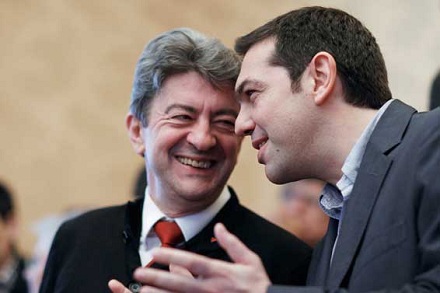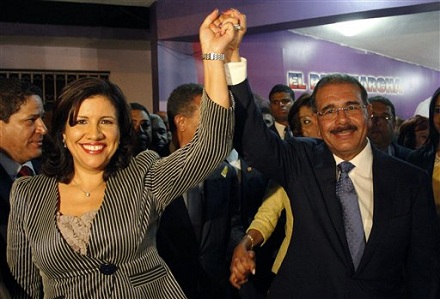With recently defeated Serbian president Boris Tadić likely to become prime minister, and with his center-left Democratic Party (Демократска странка / DS) almost certain to control the government, as it has since 2000, Serbia’s domestic policy is unlikely to change much (somewhat curiously, as I discussed earlier), despite a very different president in Tomislav Nikolić. ![]()
But on foreign policy, Nikolić will have a more amorphous — and powerful — hand, as Serbia begins to mark the first transfer of real power from pro-Western, liberal progressive forces that have controlled its government in the 12 years since Serbia was the chief pariah state of Europe. The one-time ultranationalist Nikolić will have won the presidency just two months after Serbia became an official candidate for membership in the European Union and just two years after Kosovo — populated mainly with ethnic Albanians, but also a significant population of Serbs in the north — declared its independence (yet to be recognized by the United Nations) in 2010.
Today, during the campaign, and really, ever since his departure in 2008 from the more nationalist Radical Party, Nikolić has emphasized that his election would result in continuity for Serbia’s European integration. But only four years ago, as The New York Times notes in the lede of its profile on Serbia’s new president, Nikolić said it would have been better for Serbia to become a province of Russian than to become a member of the EU.
Indeed, it seems difficult to imagine that Serbia will not have a more intimate relationship in the next four years with Russia: Nikolić will travel to Moscow next week to attend the United Russia congress and to meet with newly inaugurated Russian president Vladimir Putin, a sign that’s already being seen as a rare diplomatic coup for Russia. Continue reading How will Nikolić presidency affect Serbian diplomacy with Kosovo? (and with Russia and the EU?)


